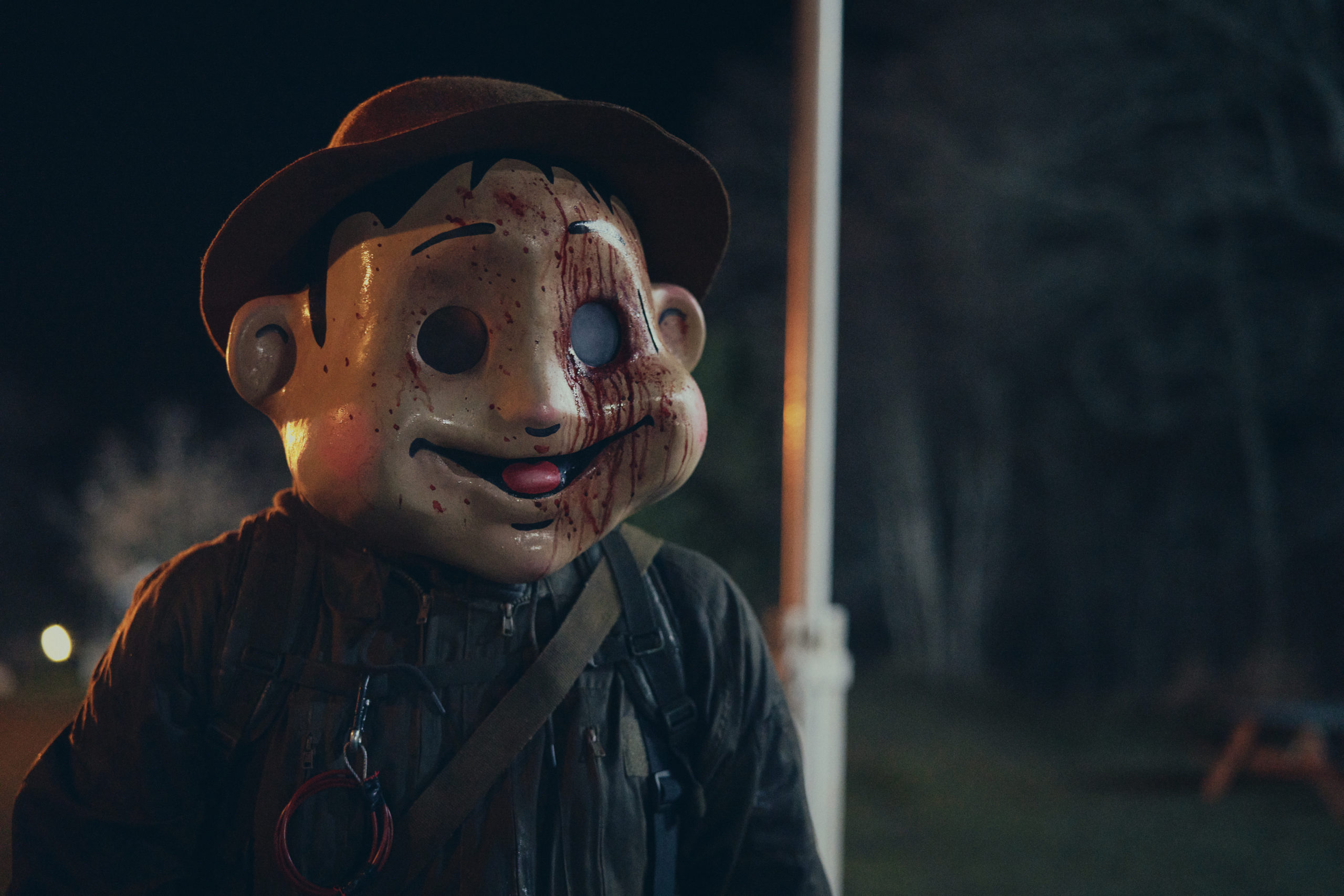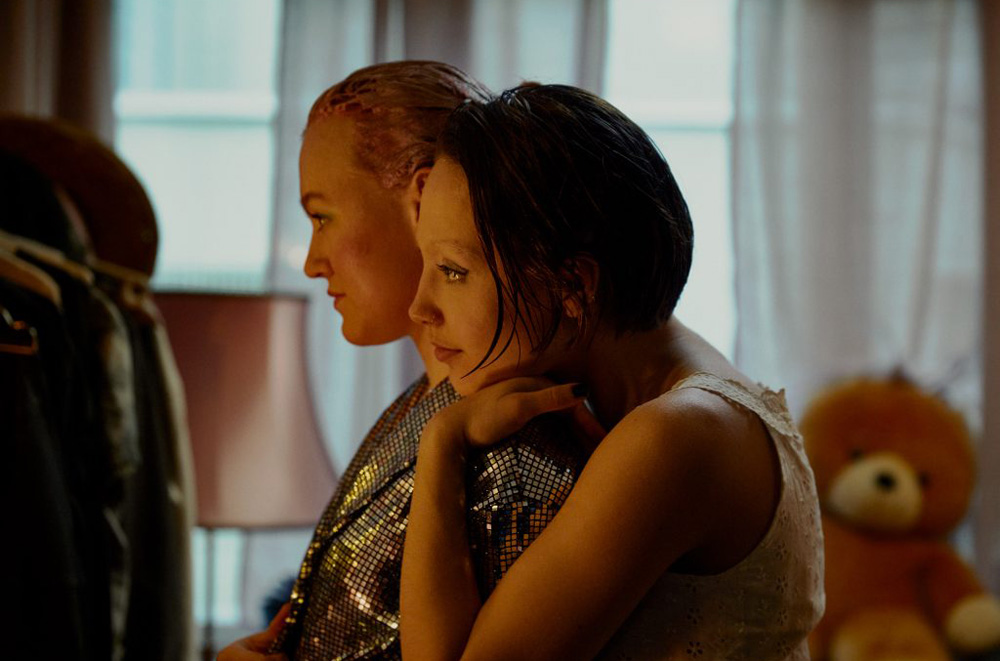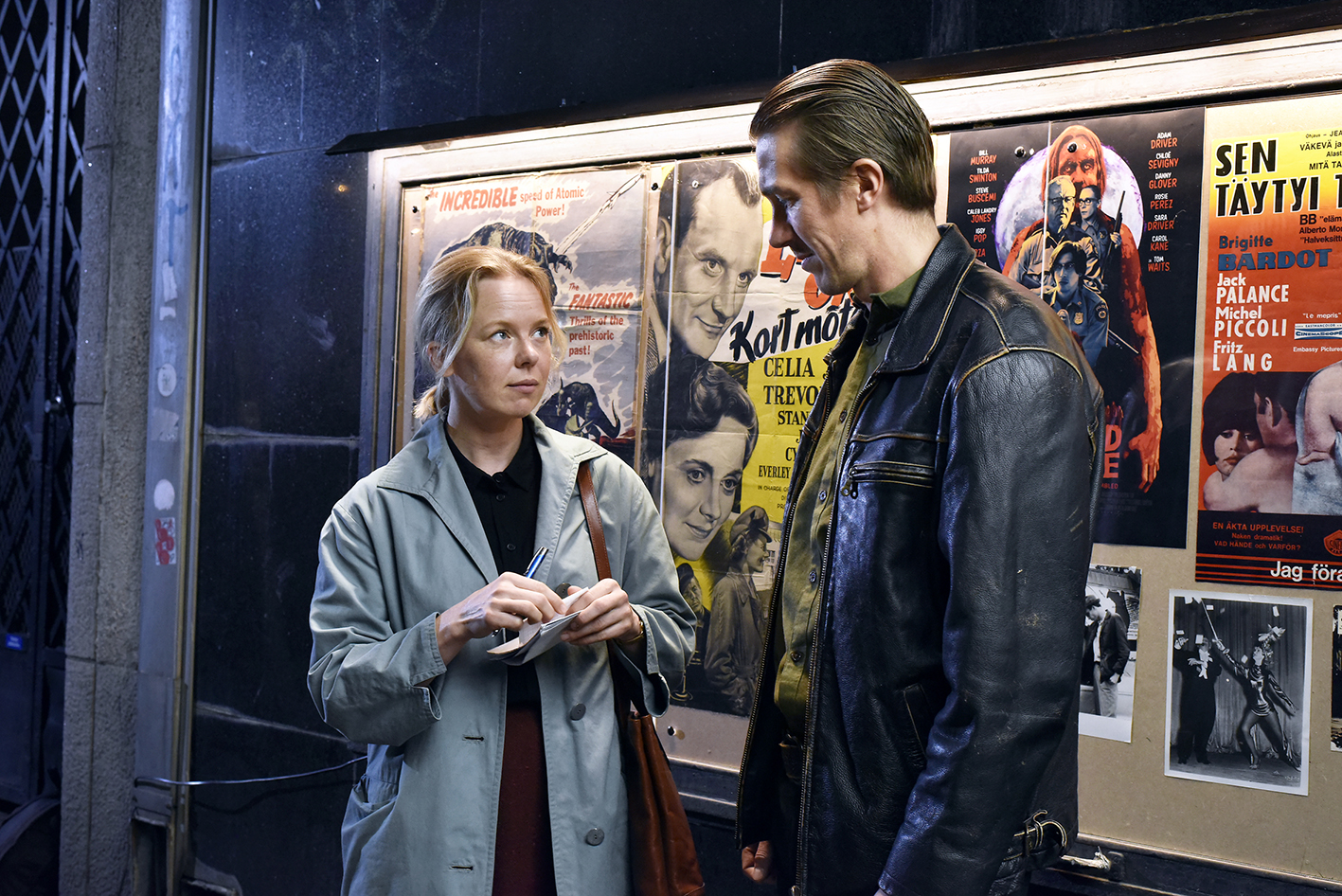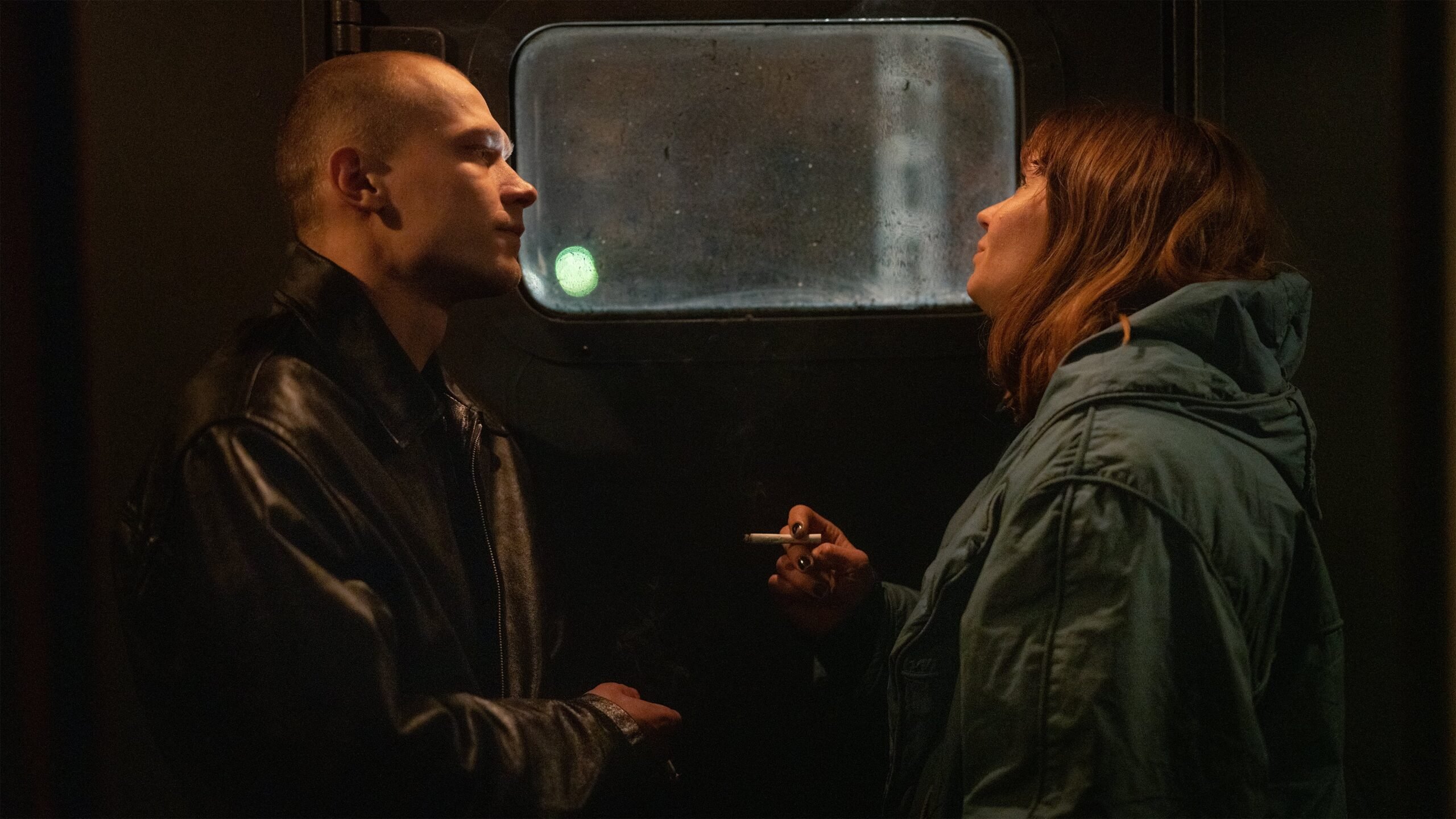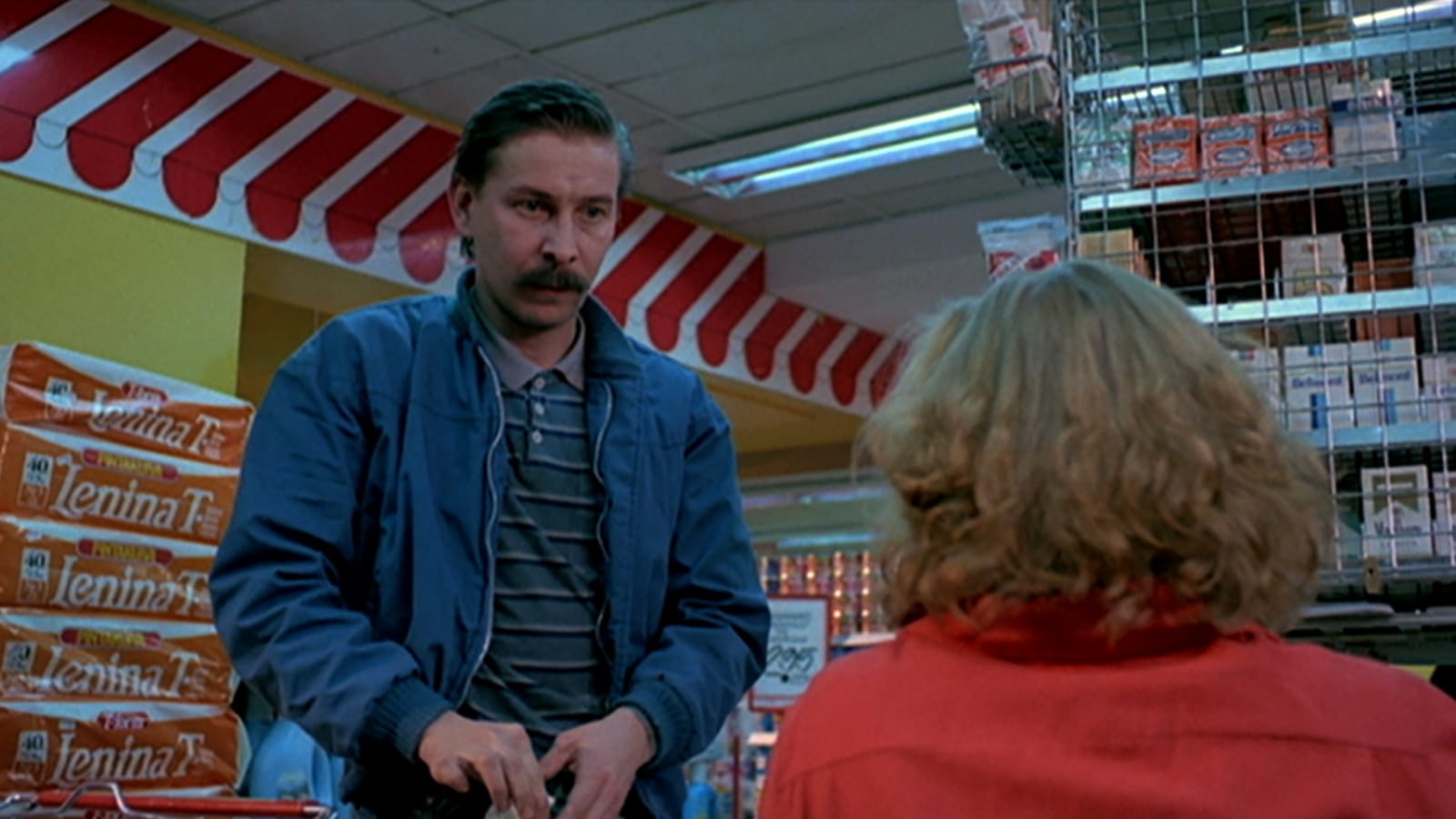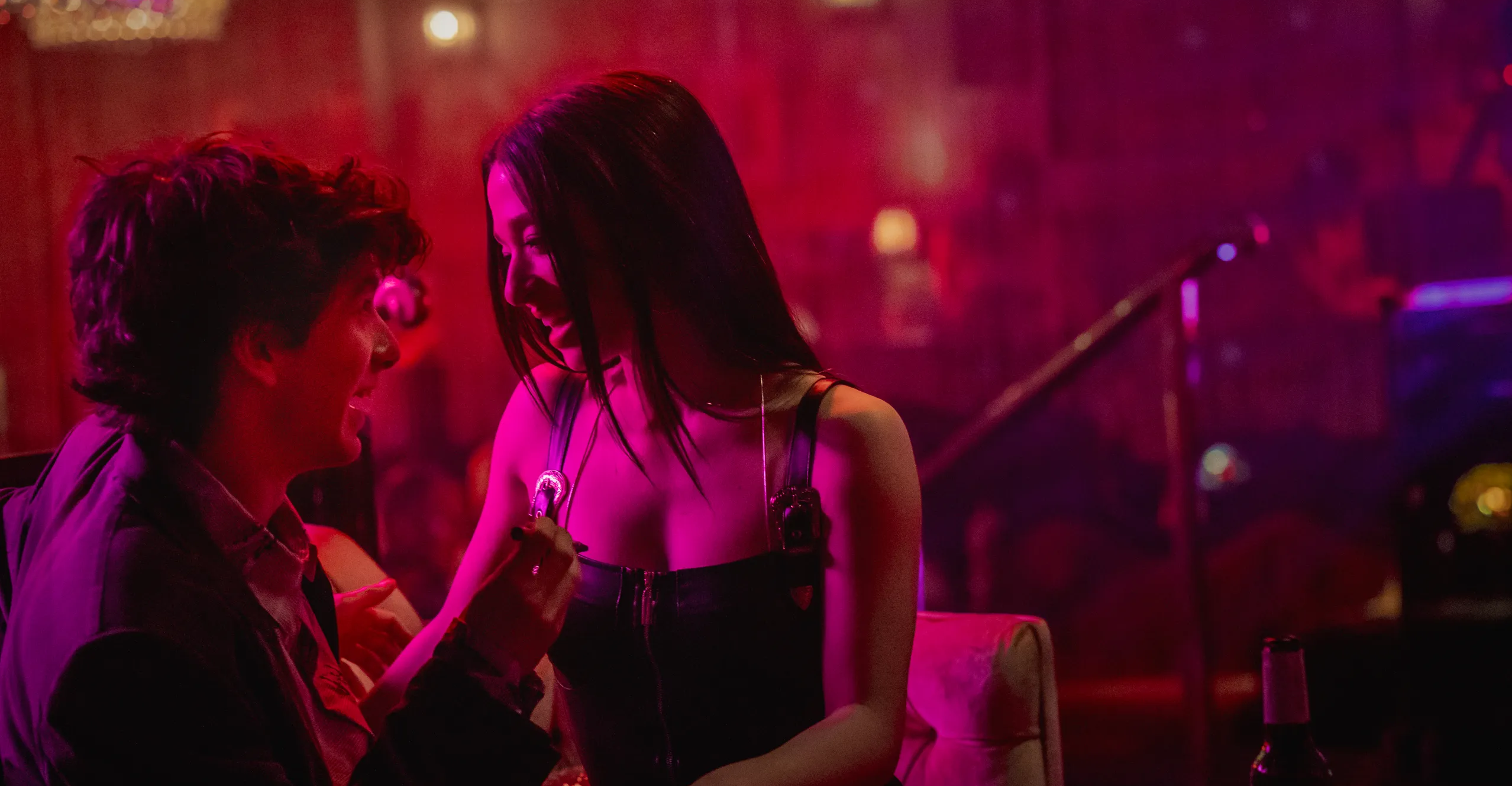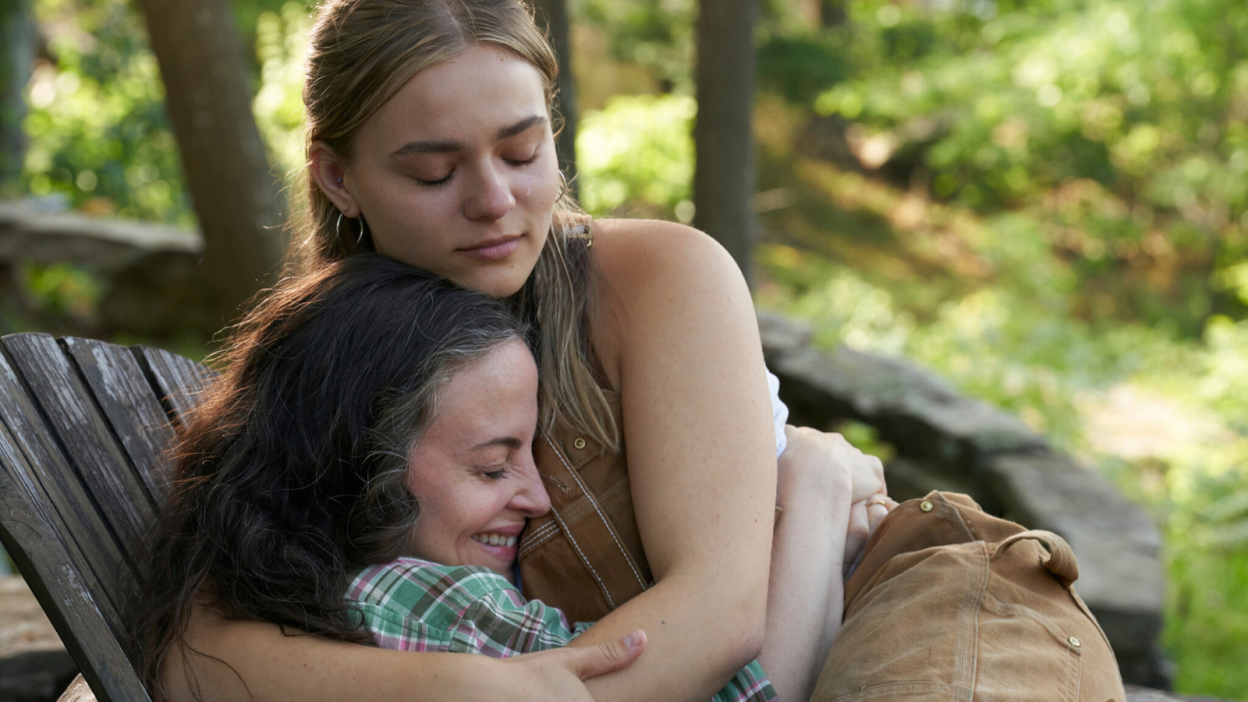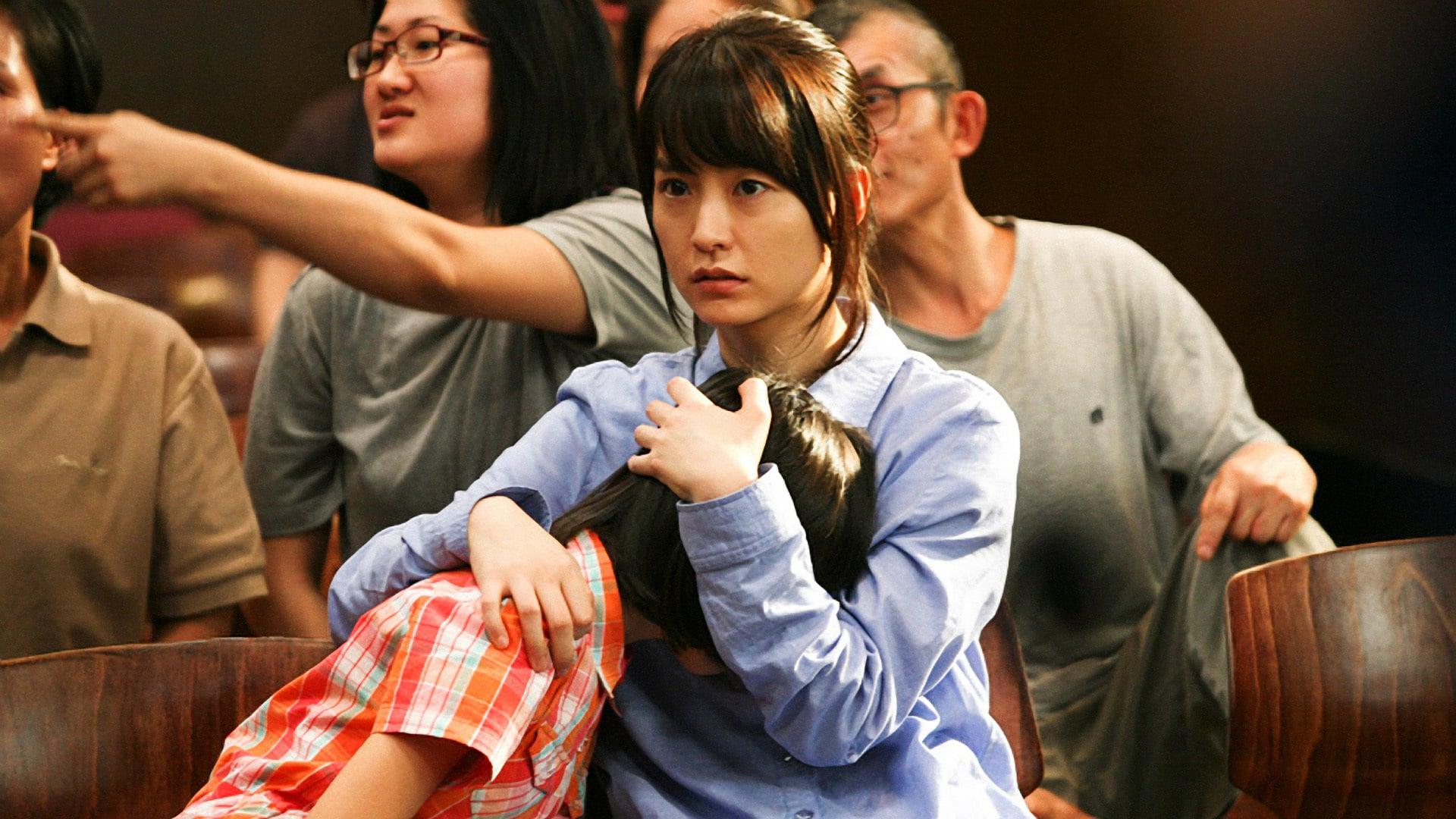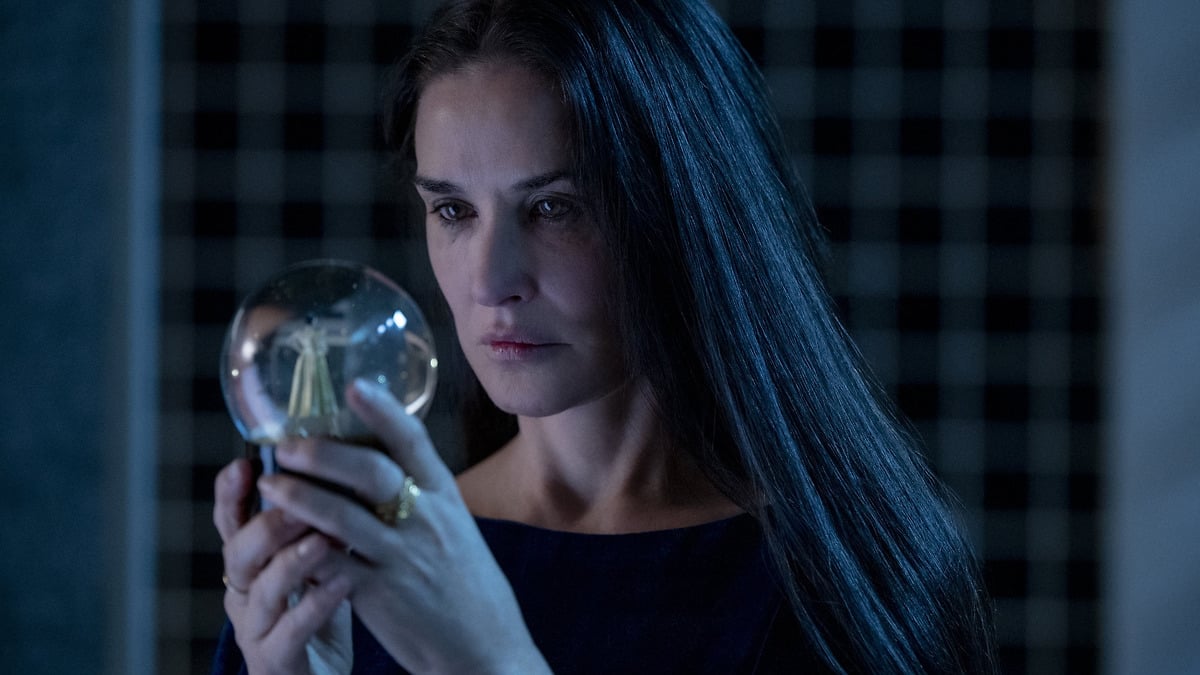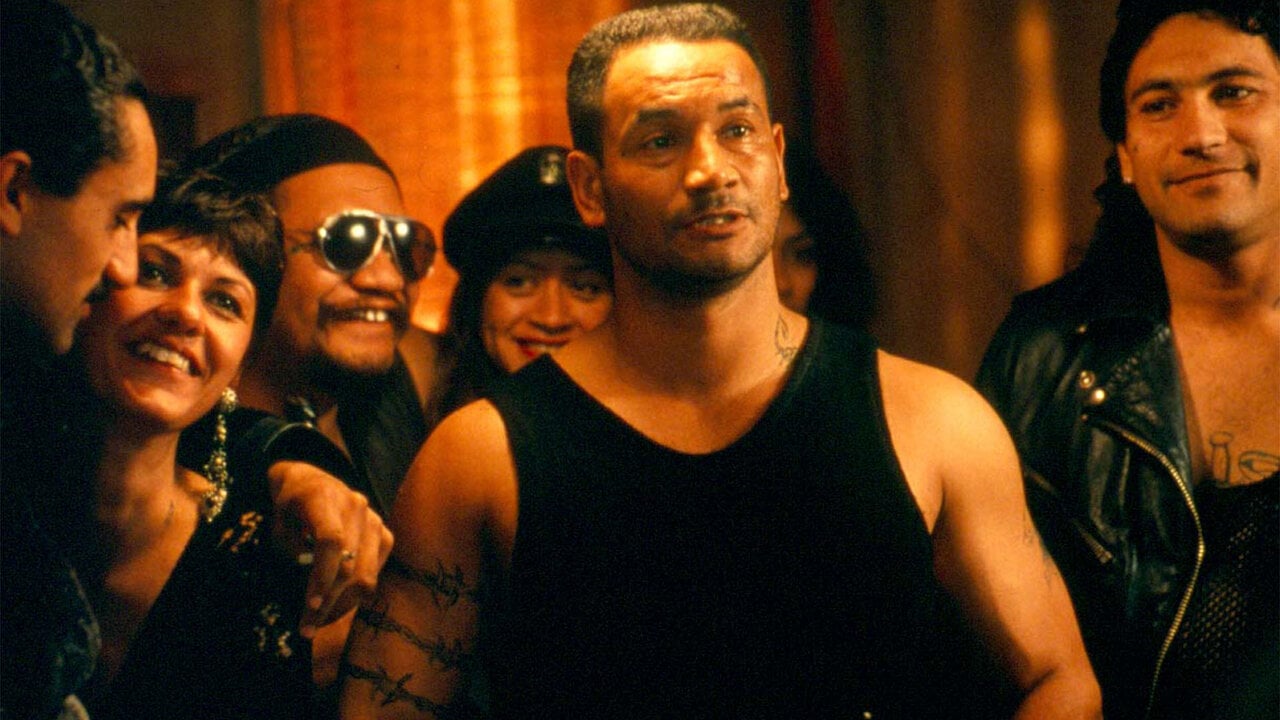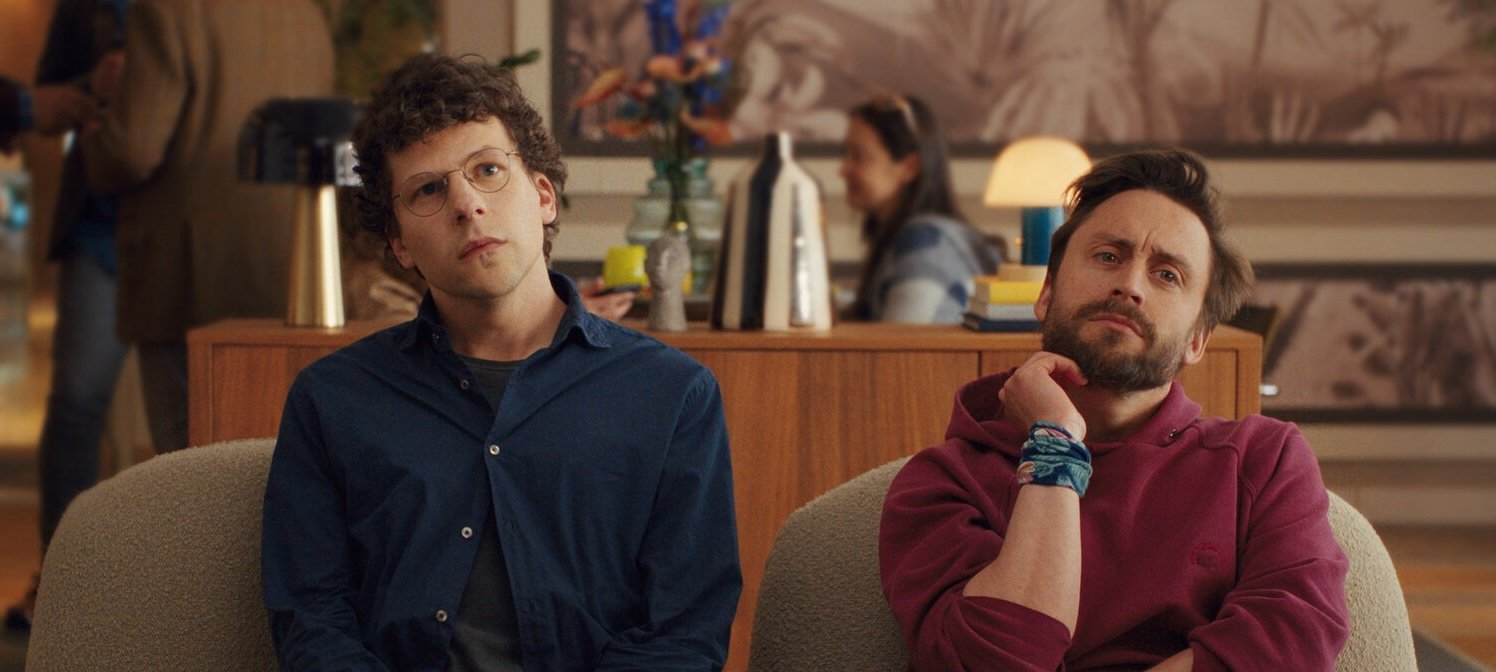The Happiest Day in the Life of Olli Mäki (2016)

Movie
Finland, Germany
English, Finnish
Drama, Romance
2016
JUHO KUOSMANEN
Aaro Airola, Anna Airola, Claes Andersson
95 min
TLDR
Olli Mäki is a lover, not a fighter.
What it's about
Finland, 1962. After booking a match against American featherweight world champion Davey Moore, Olli Mäki has a shot at the title, launching him to national stardom. While the media circus is bothersome and Mäki needs to lose at least four pounds, his manager is confident about his conviction to win, at least until Mäki falls in love with friend-of-a-friend Raija Jänkä.
The take
Most sports biopics are centered around winners– their drive, their spirit, and their determination to beat the competition, and maybe win some glory for their respective teams, hometowns, or countries. The Happiest Day in the Life of Olli Mäki instead focuses on a Finnish boxer that lost a match. Shot in 16mm black and white film stock, writer-director Juho Kuosmanen captures the man, not the legend, in sequences that feel like decades-old memories that draws you into his story, his humble character, and the motivations that drive him, a yearning for love rather than bragging rights, trophies, and nationalistic pride. It’s such a charming twist to the genre, one that recognizes a different kind of masculinity. While Mäki might not be the world’s best boxer, this film suggests that he might be one of the happiest, forgoing an important match for a marriage that ended up lasting his lifetime.
What stands out
It’s just so drastically different from the sports genre altogether– instead of music to build up the hype, the film sticks to a natural sound design; instead of bright colored lights, the film is in black and white; instead of worldwide success, Mäki ends up elsewhere. It’s nice to hear about wins and the journey it takes, but the film also proves that it’s also important to hear about what it takes to let go.
Comments
Your name
Your comment
Your comment
UP NEXT
UP NEXT
UP NEXT
Curated by humans, not algorithms.

© 2025 agoodmovietowatch, all rights reserved.



